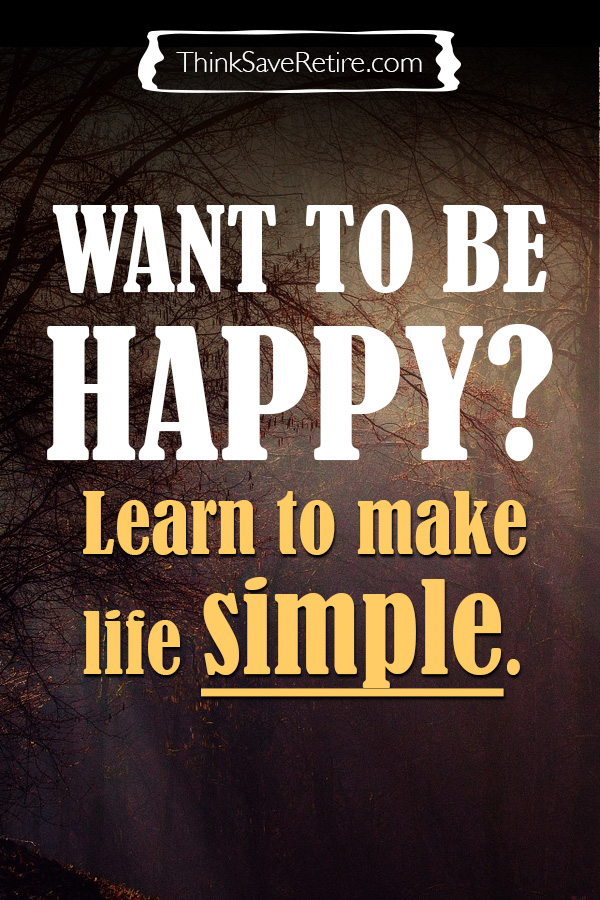How a 24-hour work week might not solve the problem

My wife came home the other day and told me about a conversation she had at work, and let's just say it piqued my interest. They talked about the traditional 40-hour work week and what they might do with their time if they only had to work, say, 24 hours a week - or three days.

It has long been observed that regularly working over 40 hours a week reduces productivity. Work suffers. Creativity drops. Family life takes a back seat to office work.
Burning out is bad for business. Businesses generally know this, but most continue to ignore it. Some, like mine, keenly understand the psychology of man and design clever vacation policies to keep people working even longer, settled nicely within perpetual billable working slots as sources of revenue for the company. Pegs in a hole.
As most of corporate America continues to squeeze the working life out of their staff, it is only natural that employees boast of reduced work weeks - for the same pay, of course.
But, a shorter work week might not truly solve the problem. Once again, the problem lies deep in our psychology, shaped by living within a society of consumption.
A 24-hour work week might not solve the problem
The problem: We feel drained and overworked at the office. Our company demands that we work at least 4o hours a week in salaried positions. Overtime pay is rare, and working anything less than 40 hours requires Paid Time Off, or PTO. Punch the clock.
My wife's coworkers praised the idea of a shorter work week. "I'd take my kids to school at the same time, but then I'd have time to do [THIS] and [THAT] during the day," one of them said.
"I would have so much more time to do all the things that I'd like to do!" exclaimed another.
But, "I don't think the company could expect the same level of productivity in 24 hours, compared with 40," admitted another.
My wife thinks this is bunk.
It is true that it would seem working less during the week leaves more time for us to do other things. But, what are those other things that we'd do?
Spending money during our free time
What happens when we have free time at work? We might browse the web. Add a couple things to our online shopping cart. Research the new flat screen TV we want before the Superbowl.
For too many of us, our free time involves acquiring stuff. Driving. Spending money. Take those things we usually push off to the weekend, then compound them. More time to go to the movies. More time to veg on the couch.
What if spending less time at the office means we spend more money? After all, we have more time to shop. More time to browse through Amazon.com's endless catalog of items. More things to do. More gas to use.
Let's face it - most of us won't be taking long bike rides around town, reading a book, sitting outside in the peace and quiet enjoying the sound of nature. Most of society will spend money. That's what keeps us from "getting bored", I guess.
Over time, we slowly get used to the 24-hour work week. Our new spending habits become the norm. The two extra days now become part of our weekend. We add responsibilities to our plate because we have more time to accept them.
Soccer practice for the kids. Errands to run. Friends to visit. Places to go, people to see.
"Sure, I can pick up the dry cleaning and go grocery shopping today. Maybe I'll hit Best Buy too, cause I have the time. Oh, and Target is right across the street!"
Soon, we begin wanting more time off
Eventually, the 24-hour work week becomes part of our routine - like the 40-hour work week is today.
Once again, we robotically navigate around our work week and cram as much as we can into our 4-day weekend. We aren't slowing down after all. If anything, we've turned the peg to the right - bumping the speed of life up a notch.
There's just so much to do, but so little time. We really need another day off to accomplish it all.
The cycle continues, and the snowball builds.
The REAL problem: The "problem" is deceiving. We think we want more time off because our companies drain us of time and energy. We think we want more time off so we can pursue our passions. We believe that happiness is built upon a crumbling foundation of Chinese-manufactured plastic possessions.
In truth, it's not.
The problem is the majority of us simply don't know how to enjoy life. Our psychology tells us to want more. More vacation time. Longer weekends. Bigger paychecks. Larger homes. Faster cars.
As we push towards "more", life also becomes more complicated. Things demand maintenance. They need to be stored and secured. We think about them. We spend hours researching them, and we drop stupid money to acquire them. Eventually, like everything we buy, they get discarded to make room for something else.
And the spiral continues.
What if the solution to happiness is about wanting LESS, not more?
Want less
Enjoying a carefree simple life requires less stuff and fewer things to think about. Imagine only having 10 possessions, total. That's it, just 10. How simple would life be then?
Okay, there's a balance. I understand that. 10 possessions might be a little too scarce.
But the larger point remains: the less we have, the simpler life becomes. Always. You can count on it. Our brains like simple.
Remember those times where you couldn't sleep because you had too much going through your head? Now, imagine that state of complexity all the time. That phenomenon is what stuff does to us.
When we slow down, relax and take time for ourselves, our brains chill out. Our level of happiness rises. We become more content with the little things in life and resist the temptation to perpetually want more.
Imagine this for a second

Instead of spending hours researching that new TV, imagine walking into the middle of a forest with a chair and sitting. What do you see? Perhaps the glimmer of the sun angling its way through the trees? Do you hear leaves rustling in the breeze? Are you rocking? Do you have a cup of coffee or tea in your hand?
How did you get there? Did you take your time picking your spot? Are you nestled up close to a tree? You're smiling, aren't you? You breath deep and heavy. The air is fresh and crisp. Your feet slowly move back and forth, digging gently into a soft bed of pine needles.
You look around. No one there, only trees. You expect people to walk by, but nobody does. It is only you. The silence envelops you, and you now have time to think.
And then you realize a profound truth: Less is more.
When we believe that fewer hours at the office means more time doing something else, we forget about human nature. We spend money and accept more responsibility. In the end, that 4-day weekend becomes cluttered and stressful, and we continue to feel the need for more.
Instead, try wanting less. Do fewer things during your free time, not more. Just live. You may be surprised at how fulfilling life becomes when you escape the mountains of clutter.